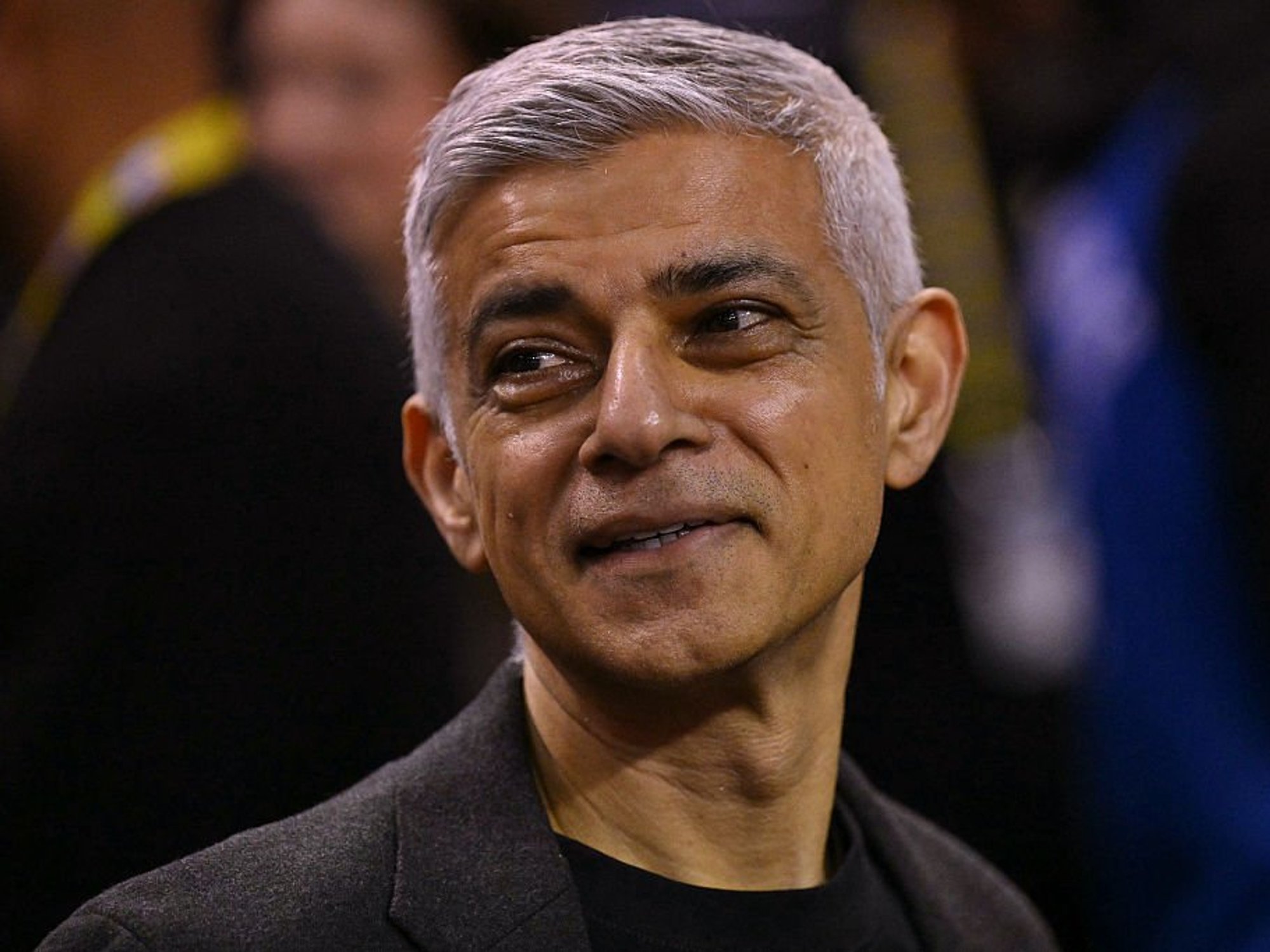Soft touch Britain: Theft 'decriminalised' as no cases solved in majority of neighbourhoods
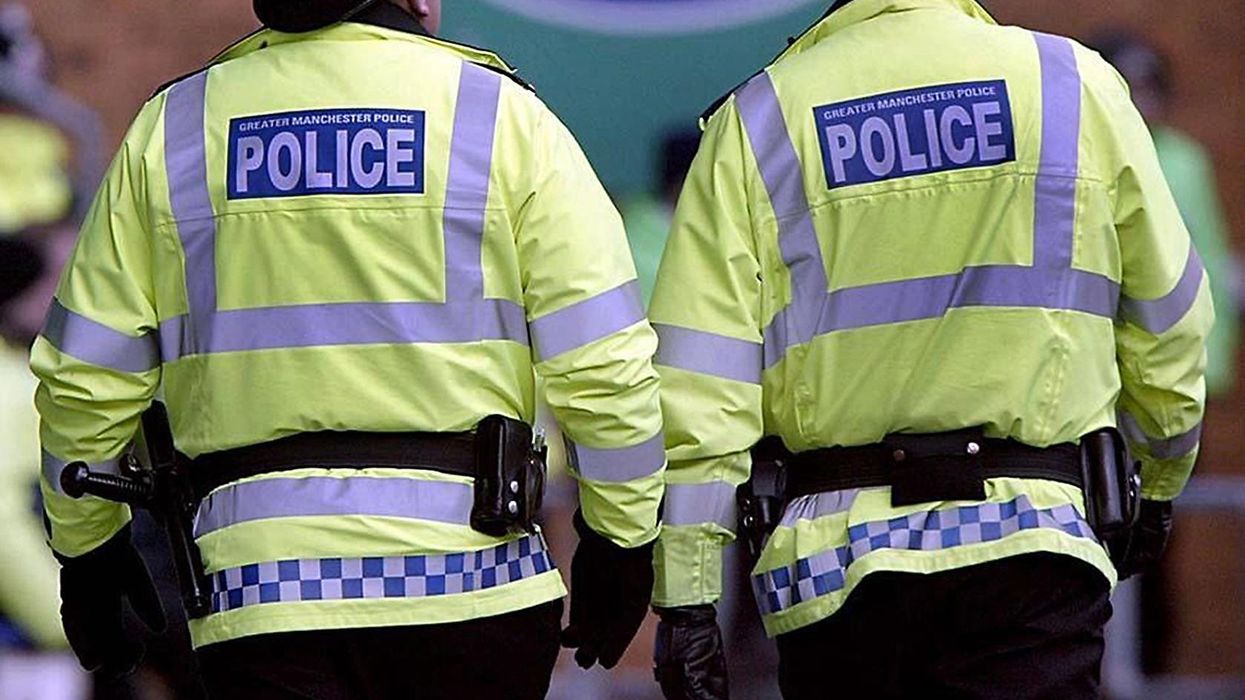
Generic picture showing Greater Manchester Police officers on patrol
|PA

Bike thieves were the least likely to be caught with just 3,863 out of 184,400 cases solved
Don't Miss
Most Read
Theft has effectively been “decriminalised” across two-thirds of neighbourhoods in England and Wales, an investigation has concluded.
Not a single personal, vehicle or bike theft was solved by police in between half and two-thirds of England and Wales’ 30,100 neighbourhoods from 2020.
Bike thieves have been identified as the least likely to be caught.
Reported bicycle thefts remained unsolved in 66 per cent of neighbourhoods.
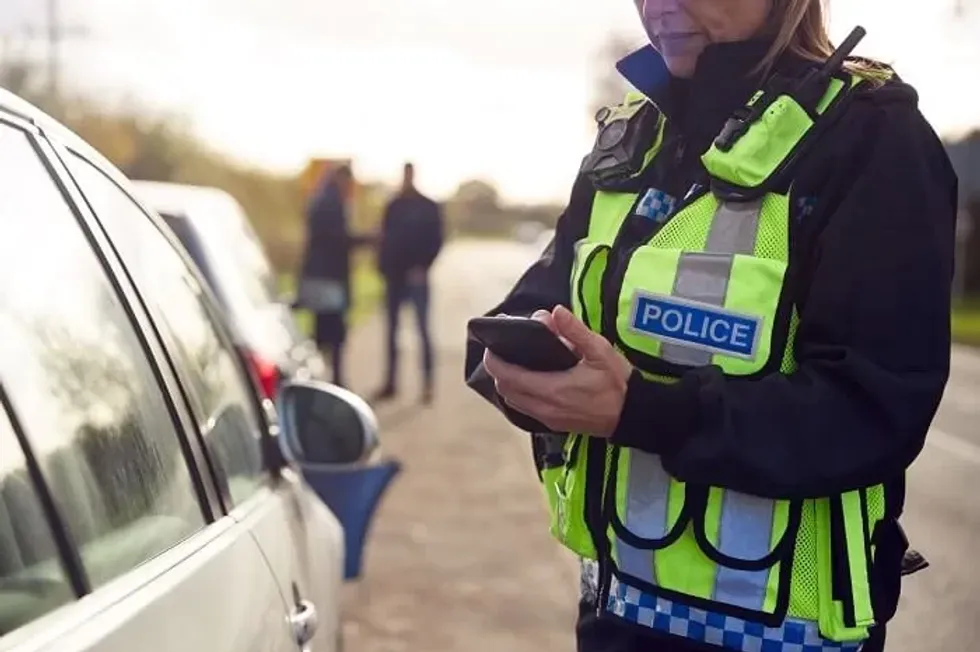 A police officer using a mobile phone | NEC
A police officer using a mobile phone | NECZero out of 305 bike theft crimes were solved in Trumpington, Cambridge.
Vehicle thefts were left unsolved in 59 per cent of neighbourhoods, with just 21,547 solved out of more than 900,000 cases.
Upper Edmonton East and Meridian Water in Enfield witnessed the worst rate of theft of and from vehicles with all 580 cases going unsolved over three years.
Just over half of neighbourhoods, 56 per cent, were unable to solve theft of personal items, an investigation by the The Telegraph newspaper found.
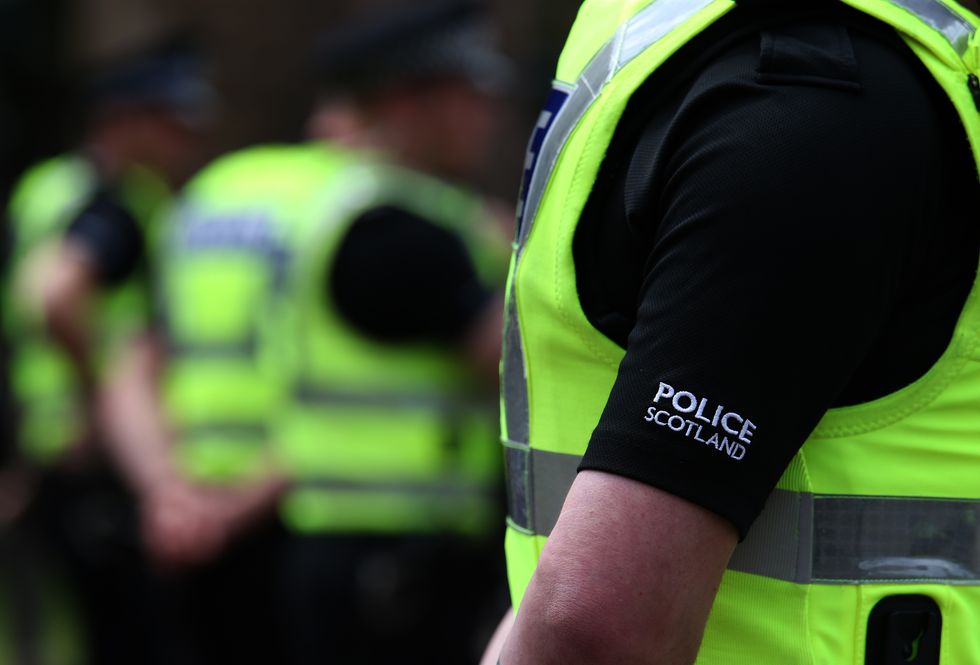
A stock image of police officers lined up
| PAZero personal theft cases were solved in three years in both Brixton North and Clapham North.
The proportion of thefts across the country which have resulted in a suspect being charged have also plummeted over the last six years.
Rick Muir, director at the Police Foundation, Britain’s independent police think-tank, said: “This data demonstrates how the focus in policing has shifted away from core crime outcomes in recent years.
“Very many people are not receiving any response at all when they are reporting theft.
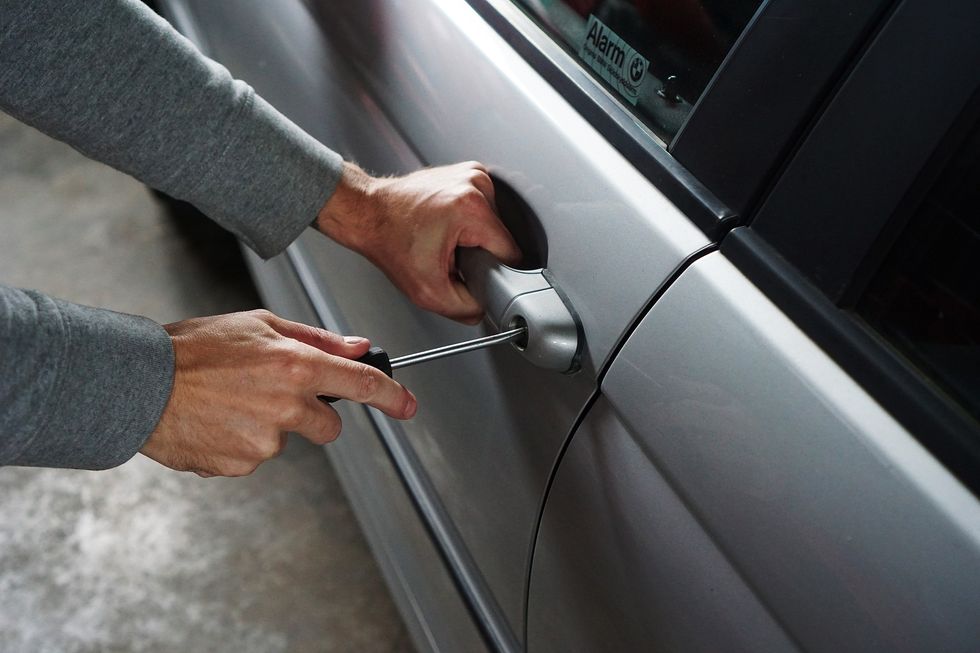
Man breaking into a car
| Pixabay“This reflects the reductions in resources over the last decade, as well as a more complex crime mix, but now police numbers have returned to their 2010 level it is reasonable to expect more in terms of resolution rates.”
Chief Constable Amanda Blakeman, from the National Police Chiefs’ Council, added: “I understand the disappointment felt by victims who do not get a quality service by the police or the outcomes they would want through the criminal justice system.
“We know there is much more that needs to be done, and police and prosecutors are doing their part, working together to make sure we improve the experience of those affected by these devastating crimes.”
Police have been facing an uphill battle in recent years following cuts, drops in confidence amid several scandals and recent technical faults.
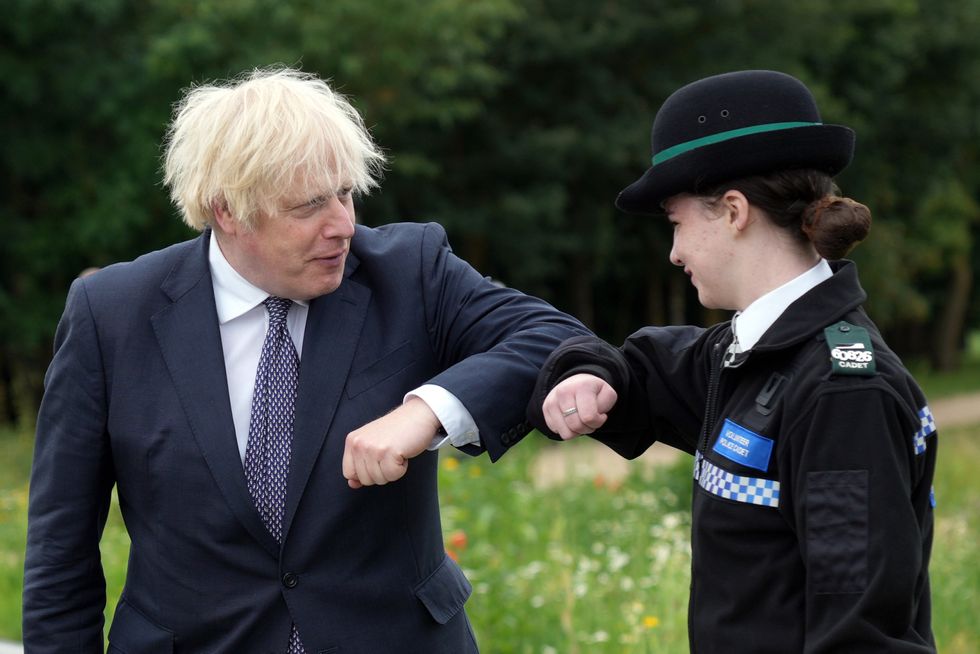
Prime Minister Boris Johnson greets a police officer with his elbow as he attends the unveiling of the UK Police Memorial at the National Memorial Arboretum at Alrewas, Staffordshire
|PA
More than 20,000 police officers were lost between 2010 and 2019, Home Office data has shown.
Boris Johnson pledged to hire an extra 20,000 officers in his 2019 manifesto but left Downing Street with just 13,790 new recruits.
A technical fault last week left many British police forces asking for people to call 101 due to a connection issue with its 999 service.








